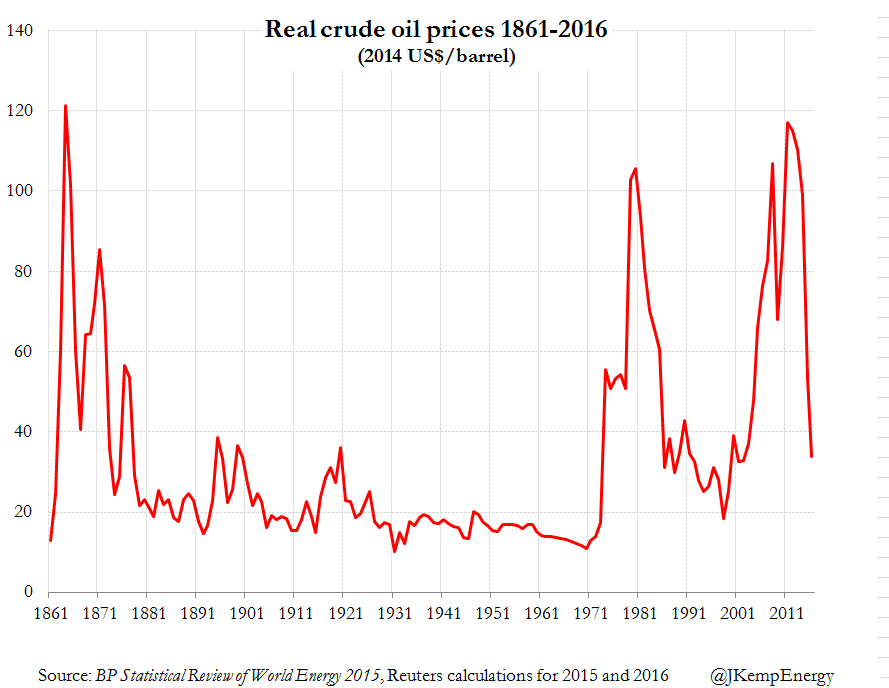Are We Headed For An Electric Car Crisis?
Plug-in electric vehicles failed to win over U.S. consumers amid the auto industry’s record sales in 2015, as low gasoline costs and daunting sticker prices damped demand. Americans bought just 102,600 such vehicles in 2015, a 17 percent decline from the previous year, according to researcher Autodata. Persuading car buyers to choose electric got more difficult as gasoline slid to $2 a gallon by the end of last year. “Why should I go electric and pay more when gas is so cheap?” Ludwig Willisch, chief executive officer of BMW of North America, said in an interview. --Dana Hull, Bloomberg, 6 January 2016

When U.S. President Barack Obama visits Detroit's annual auto show on Jan. 20, exactly one year before he leaves office, he is expected to tout how much the industry has changed since he orchestrated a federally funded rescue in 2009. But many of the changes on display at the city's annual auto show will not reflect the green-transport revival the president envisioned. The 'Detroit Three' automakers racked up record sales and profits in the U.S. market last year not because of electric cars or plug-in hybrids, but because of soaring demand for pickup trucks and sport utility vehicles fueled by gasoline prices that hit multi-year lows. --David Shepardson and Paul Ingrassia, Reuters, 11 January 2016
The UK Government’s hopes for a mass market in electric vehicles within the next 10-15 years could be doomed, an automotive manufacturer has warned. Ministers see electric vehicles as key to decarbonising the UK’s transport sector, and meeting the Climate Change Act 2008 target for an 80% reduction in greenhouse gases against 1990 levels by 2050. But an automotive firm has told the CCC that manufacturers are currently selling electric cars at a loss and the market is failing to grow in the way some forecasts predicted. --Andrew Foster, TransportXtra, 8 January 2016
While the persistent plunge in oil prices is good news for consumers at the gas pump, it’s bad news for some parts of the green economy. Lower fuel costs could choke off investment in some of the clean energy technologies needed to reduce planet-warming emissions and meet global climate change targets, analysts say. In the U.S., where the average gasoline price dropped below $2 a gallon this week, sales of fuel-efficient and lower-emissions vehicles are already giving way to gas-guzzling trucks and SUVs. --Maria Galluci, International Business Times, 23 December 2015
A desperate situation can sometimes be best summed up by numbers. Here’s one that neatly captures the effect the oil price crash has had on the London market. The combined market value of 112 publicly traded oil companies — the entirety of Britain’s listed industry excluding the top three of Shell, BP and BG — is the same as that of Marks & Spencer: £7bn. The primary culprit for this collective capsize is the oil price. In the North Sea this has led to a disastrous contraction, threatening an industry that employs more than 375,000 people and was, until recently, one of the richest sources of tax revenue for the exchequer. Last year the Office for Budget Responsibility predicted that 2016 tax revenue would fall to £600m, a 95% drop from the £12.9bn generated for the exchequer in 2009. Even that low figure may prove optimistic. --Danny Fortson, The Sunday Times, 10 January 2016

No comments:
Post a Comment